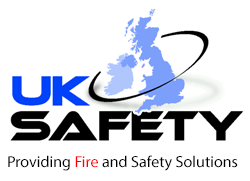UK Safety are delivering the First Aid at Work ,Emergency Aid one day courses in-house and forklift truck at very competitive prices.
FAW 3 day covers.
administer first aid to a casualty with:
injuries to bones, muscles and joints, including suspected spinal injuries;
chest injuries;
burns and scalds;
eye injuries;
sudden poisoning;
anaphylactic shock;
recognise the presence of major illness (including heart attack, stroke,
epilepsy, asthma, diabetes) and provide appropriate first aid.
understand the role of the first-aider, including reference to:
the importance of preventing cross infection;
the need for recording incidents and actions;
use of available equipment;
assess the situation and circumstances in order to act safely, promptly and effectively in an emergency;
administer first aid to a casualty who is unconscious (including seizure);
administer cardiopulmonary resuscitation;
administer first aid to a casualty who is choking;
administer first aid to a casualty who is wounded and bleeding;
administer first aid to a casualty who is suffering from shock;
provide appropriate first aid for minor injuries (including small cuts, grazes and bruises, minor burns and scalds, small splinters).
EFAW 1 day.
understand the role of the first-aider, including reference to:
the importance of preventing cross infection;
the need for recording incidents and actions;
use of available equipment;
assess the situation and circumstances in order to act safely, promptly and
effectively in an emergency;
administer first aid to a casualty who is unconscious (including seizure);
administer cardiopulmonary resuscitation;
administer first aid to a casualty who is choking;
administer first aid to a casualty who is wounded and bleeding;
Call for a free quotation.
